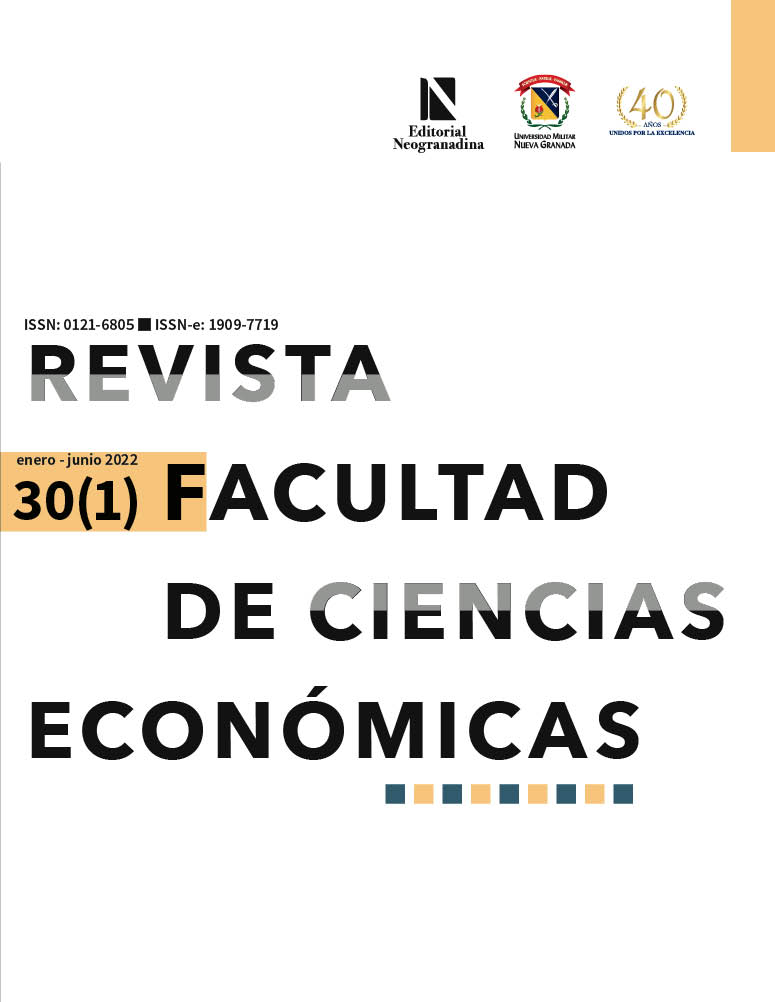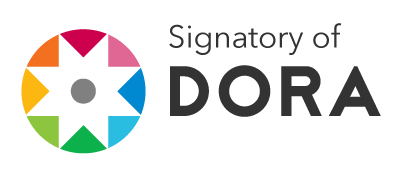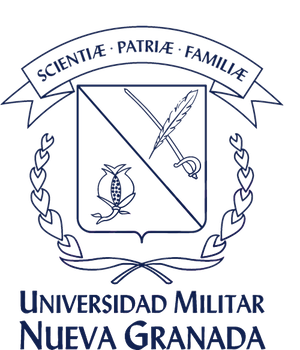Self-regulated learning strategies, extension of academic gratification and academic success of business students
Abstract
self-regulated learning strategies and the extension of academic gratification are the focus of this research. Learning self-regulation is an area of knowledge present in Educational Psychology and consists of the practice of learning strategies by academics; it is subdivided into groups of cognitive, metacognitive and learning resource management strategies. Academic gratification deferral is the deferral of opportunities by academics who were willing to respond to impulses, with the intention of having meaningful academic rewards that are more remote but more important. In this perspective, this study aimed to analyze self-regulated learning and the extension of academic gratification based on the different levels of academic success of business students. An online survey was conducted with students from two Brazilian higher education institutions, from which 74 valid responses were obtained, analyzed using nonparametric tests of difference between groups. The main results of the study show a difference in the metacognitive strategies adopted by students from different academic achievement groups. The results also indicate that academic extension is no different in students who have higher or lower academic performance. In addition, a positive difference is observed between critical thinking strategies and the extension of gratification.
Downloads
References
Almeida, L. D. S., Miranda, L. e Guisande, M. A. (2008). Atribuições causais para o sucesso e fracasso escolares. Estudos de Psicologia (Campinas), 25(2), 169-176. DOI: https://doi.org/10.1590/S0103-166X2008000200001
Bembenutty, H. e Karabenick, S. A. (1998). Academic delay of gratification. Learning and Individual Differences, 10(4), 329-346. DOI: https://doi.org/10.1016/S1041-6080(99)80126-5
Bembenutty, H. e Karabenick, S. A. (2004). Inherent association between academic delay of gratification, future time perspective, and self-regulated. Learning Educational Psychology Review, 16(1),35-57. https://www.jstor.org/stable/23363946 DOI: https://doi.org/10.1023/B:EDPR.0000012344.34008.5c
Bisinoto, C. e Marinho-Araújo, C. (2014). Sucesso acadêmico na educação superior: Contribuições da psicologia escolar. Revista E-Psi, 4(1), 28-46.
Filcher, C. e Miller, G. (2000). Learning strategies for distance education students. Journal of Agricultural Education, 41(1), 60-68. DOI: https://doi.org/10.5032/jae.2000.01060
Hübner, M. L. F. e Andretta, P. I. S. (2016). A relação entre sucesso acadêmico e biblioteca universitária: uma análise a partir dos empréstimos domiciliares em uma universidade brasileira. Revista Información, Cultura y Sociedad, 34, 45-62.
Lizote, S. A., Alves, C. R., Teston, S. F. e Olm, J. W. (2019). Estilos de aprendizagem, desempenho acadêmico e avaliação docente. Revista Catarinense da Ciência Contábil, 18, 1-16. DOI: https://doi.org/10.16930/2237-766220192837
McKeachie, W. J., Pintrich, P. R., Lin, Y. G. e Smith, D. A. F. (1986). Teaching and learning in the college classroom: A review of the research literature. University of Michigan. National Center for Research to Improve Postsecondary Teaching and Learning.
Miranda, G. J., Paiva, S. N. M., Vieira, A. C. M. e Rogers, P. (2014). Determinantes do desempenho acadêmico em ciências contábeis: uma análise de variáveis comportamentais. Em: Congresso USP Controladoria e Finanças, XIV, 1(1). Anais... Universidade de São Paulo. https://congressousp.fipecafi.org/anais/artigos142014/299.pdf
Moleta, D., Ribeiro, F. e Clemente, A. (2017). Fatores determinantes para o desempenho acadêmico: uma pesquisa com estudantes de ciências contábeis. Revista Capital Científico, 15(3). DOI: https://doi.org/10.5935/2177-4153.20170019
Santos, L. S. Z., Souza, J. R., Cunha, J. V. A. e Avelino, B.C. (2018). Prorrogação da gratificação acadêmica e sua relação com as estratégias de autorregulação da aprendizagem. Revista de Educação e Pesquisa em Contabilidade, 12(2), 237-259. DOI: https://doi.org/10.17524/repec.v12i2.1693
Silva, T. B. J. e Biavatti, V. T. (2018). Estratégia metacognitiva de aprendizagem autorregulada, percepção docente sobre a aprendizagem e métodos educacionais em contabilidade. Revista Contemporânea de Contabilidade, 15(37), 3-33. DOI: https://doi.org/10.5007/2175-8069.2018v15n37p3
Silva, T. B. J., Lay, L. A., Biavatti, V. T. e Haag, S. (2016). Estratégias de aprendizagem autorregulada em contabilidade: um estudo em duas instituições privadas do ensino superior catarinense. Revista Mineira de Contabilidade, 17(3), 5-15. DOI: https://doi.org/10.5007/2175-8069.2018v15n37p3
Testa, M. G. (2006). A influência das preferencias por contato social e da autorregulação dos recursos de aprendizagem do estudante na efetividade dos cursos desenvolvidos na Internet (tese de doutorado). Porto Alegre, Rio Grande do Sul, Brasil.
Testa, M. G. e Freitas, H. (2005) Auto-regulação da Aprendizagem: analisando o perfil do estudante de administração. XXIX Encontro Nacional da ANPAD (ENANPAD). Anais... Associação Nacional de Pós-Graduação e Pesquisa em Administração. http://www.ufrgs.br/gianti/files/artigos/2005/2005_163_ENANPAD.pdf
Weiner, B. (1986). An attributional theory of motivation and emotion. Psychological Review, 92(4), 548-573. DOI: https://doi.org/10.1007/978-1-4612-4948-1
Weiner, B. (1988). Attribution theory in education. Revista Portuguesa de Educação, 42(2), 21-25.
Zimmerman, B. J. e Martinez-Pons, M. (1986). Development of a structured interview for assessing student use of self-regulated learning strategies. American Educational Research Journal, 23(4), 614-628. DOI: https://doi.org/10.3102/00028312023004614
Copyright (c) 2022 Revista Facultad de Ciencias Económicas

This work is licensed under a Creative Commons Attribution-NonCommercial-NoDerivatives 4.0 International License.











